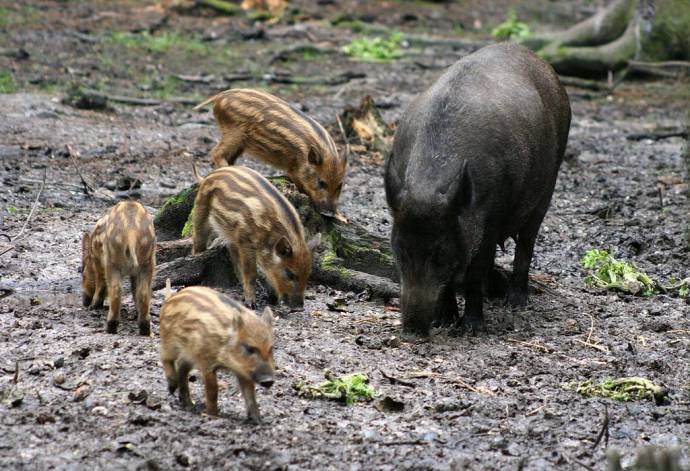Although calls to reduce these populations have been made before, the latest petition comes a day after a pack of wolves killed more than 40 sheep and goats a village in the Primorska region, west.
The petitioners argue large carnivores have been overprotected over the past decades and the populations of deer and wild boar have excessively reproduced, which has severely affected the countryside.
"The situation is getting worse because deer and large carnivores are not managed well and can therefore reproduce in an uncontrolled manner," said Cvetko Zupančič, the president of the Chamber of Agriculture and Forestry.
The petition urges new laws to better manage these populations to facilitate stable traditional farming and forest management, especially in areas with difficult farming conditions, where using shepherd dogs or putting up high fences has proved unfeasible.
Saying the Slovenian legislation was not harmonised with EU law, Marjan Hren of the Slovenian Association of Forest Owners said they demanded the new government adopt new legislation in cooperation with all rural stakeholders.
Vice-president of the Farmers' Trade Union Roman Žveglič believes a register of wild animals should be set up to monitor the populations.
Monitoring data show Slovenian bear and wolf populations have been increasing. Estimates by biologists indicate there are around 450-500 bears, up from around 300 twenty-five years ago. Wolves have come back from being nearly extinct and their population currently numbers around 50.
Despite the increase in predator figures, deer and wild boar populations have been increasing substantially, even as hunting increased.
Slovenian Hunters' Association statistics show that in 2017 hunters killed more wild boars than planned - 11,084 instead of only 8,417.
The same trend was recorded over the past decade, but farmers claim this is still not enough.
Hunting quotas are set annually by the Agriculture Ministry on the basis of the proposals submitted by local hunters' associations.







